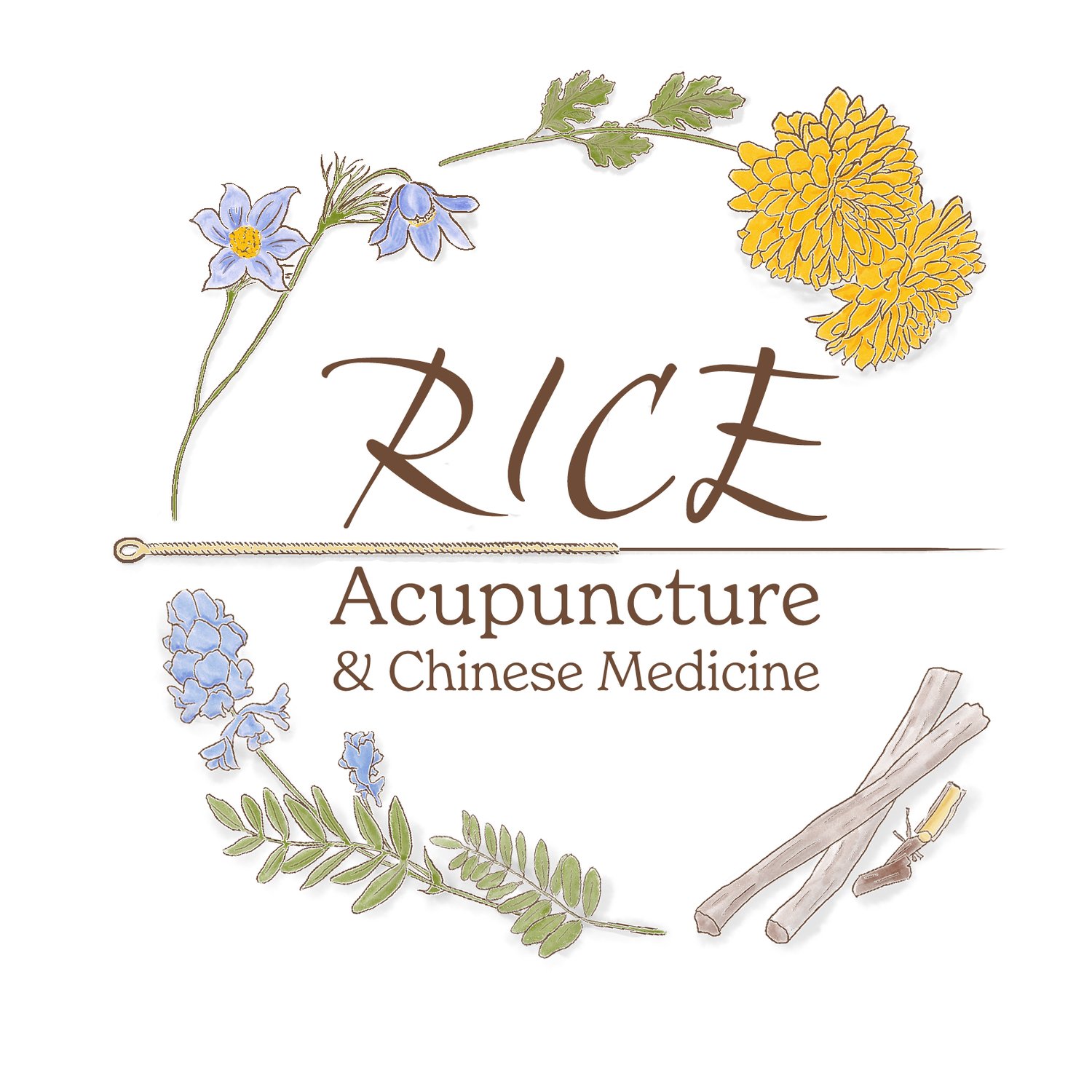Herbs for the Medicine Cabinet
Trained herbalists and aficionados often have a variety of herbs, formulas and topicals in their medicine cabinet to reach for when everyday ailments pop up.
When I started learning about herbs 25 years ago while in school for East Asian medicine I would carry a small satchel of herbal formulas to use in case I needed them on the spot. This was both a blend of excitement about learning the herbs and wanting to be prepared should a need arise. I knew that the rich history of herbal medicine was so practiced and effective I was eager to apply these herbal formulas in my own life.
Although most reputable herbal companies will sell products only to qualified herbalists who can make recommendations based on an actual intake to ensure the safe and correct usage of their formulas, there are many individual herbs and formulas that are available over the counter.
So which herbal preparations might you consider for your own home use? First, look to the herbs you have already put into use for yourself or family members. These are often used on a daily basis and many of them have overlapping benefits. I see this as nature’s way of providing easy to use remedies to soothe our ailments and promote balance within our own ecological system.
For example, fresh ginger root can be decocted* into a tea on its own or in combination with other herbs to provide relief for digestive discomfort: nausea, bloating; for common colds, fatigue and depression. *A decoction is the herbal preparation of simmered herbs. To decoct ginger, place a quarter sized piece of fresh ginger and about 2 cups of water in a saucepan. Bring it to a boil then simmer gently for 10 minutes. Keep an eye on the water level as you want at least 1/2 to 1 cup remaining when it’s done.
Below is a simple starter list of herbs and preparations for the home medicine cabinet. I do recommend connecting with your practitioner to understand your condition. Be sure to use herbs as directed by your practitioner.
Digestive issues:
Digestive bitters
DGL (deglycyrrhizinated licorice)
Slippery elm bark
Marshmallow root
Fresh lemons
Fresh ginger
Fennel
Aloe vera juice
Peppermint leaves- fresh or dried tea
Baking soda
Apple cider vinegar
Oregano oil
Sleep issues:
Lemon Balm
Lavender essential oil and flower
CBD oil
Chamomile flower
Magnesium
Valerian root
Headaches:
Peppermint essential oil and leaf
Feverfew
Po sum on liniment
Muscle aches/pains:
Peppermint essential oil - in dilution
Wintergreen essential oil - in dilution
Frankincense essential oil - in dilution
Turmeric
Arnica
CBD oil
Stress/anxiety:
CBD oil
Lavender essential oil
Holy basil
Lemon balm
Rose buds
Ashwaganhda
Rhodiola
Respiratory/immune support/cold/flu:
Oregano oil capsules
Local honey
Fresh ginger
Astragalus
Fresh garlic
Scallions
Fresh lemon
Mushrooms: reishi, turkey tail, etc.

